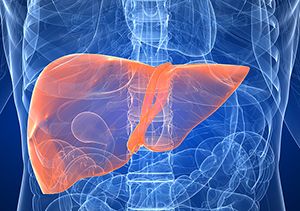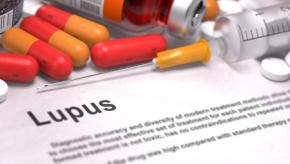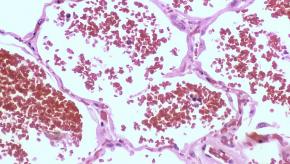All News
Systemic Sclerosis Insights (9.13.2024)
Dr. Jack Cush reviews the news and journal articles from this past week on RheumNow.com.
Read ArticleLinger on the Fingers (9.6.2024)
Dr. Jack Cush reviews the news and journal reports from the past week on RheumNow.com. This week with a focus on fingers and better prescriptive follow through.
Read ArticleCAR-T Like Effects with Bispecific Teclistamab
A new chapter may have begun in the exciting story of "immune reset" therapy for difficult-to-treat autoimmune diseases, with a patient with severe refractory lupus obtaining drug-free remission after treatment with an antibody product normally used in multiple myeloma.
Read ArticleDiagnosing Seronegative Sjogren's Disease
Sjögren disease (SjD) is highly prevalent, but diagnosis may be challenged if anti-SSA antibodies or a labial salivary gland biopsy are negative. A recent cohort analysis suggests a novel autoantibody profile has predictive value SSA negative SjD and also in those with a positive labial biopsy.
Read ArticleAntibiotics May Increase Inflammatory Arthritis Risk
A Danish registry study has shown that amongst those patients who develop inflammatory arthritis (IA), antibiotics use was more frequent when compared to the background population (BP).
Lipids and Inflammation in Rheumatoid Arthritis
In the realm of chronic inflammation, lipid abnormalities are well-recognized as pivotal contributors to the progression and clinical manifestations of atherosclerosis.
Read ArticleDepends on Where You’re Looking (8.9.2024)
Dr. Jack Cush reviews the news and journal reports from RheumNow.com this week.
Read ArticleLocation, Location, Location (7.26.2024)
Dr. Jack Cush reviews the news and journal reports from the past week on RheumNow.com. Location matters; Geo-rheumatology?
Read ArticlePEXIVAS: Diffuse Alveolar Hemorrhage in ANCA-Associated Vasculitis Patients
A secondary analysis of the PEXIVAS study showed antineutrophil cytoplasmic antibody–associated vasculitis (AAV) patients complicated by diffuse alveolar hemorrhage (DAH) may have improved with plasma exchange and glucocorticoids, the results did not achieve significance.
Read ArticleBest Rheumatologists (7.19.2024)
This week on the RheumNow Podcast, Dr. Jack Cush reviews the news and journal reports of interesting, including irAE, pollution and Psoriasis, microwave therapy, scleroderma without scleroderma that only the best rheumatologists could discern.
Read Article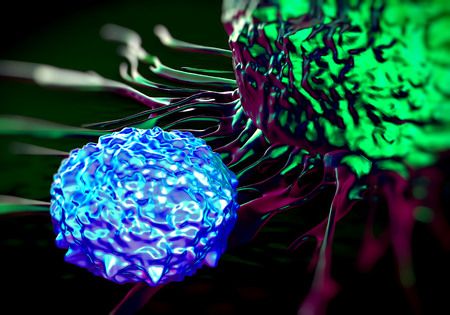
Links:
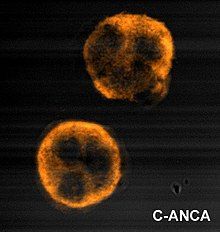
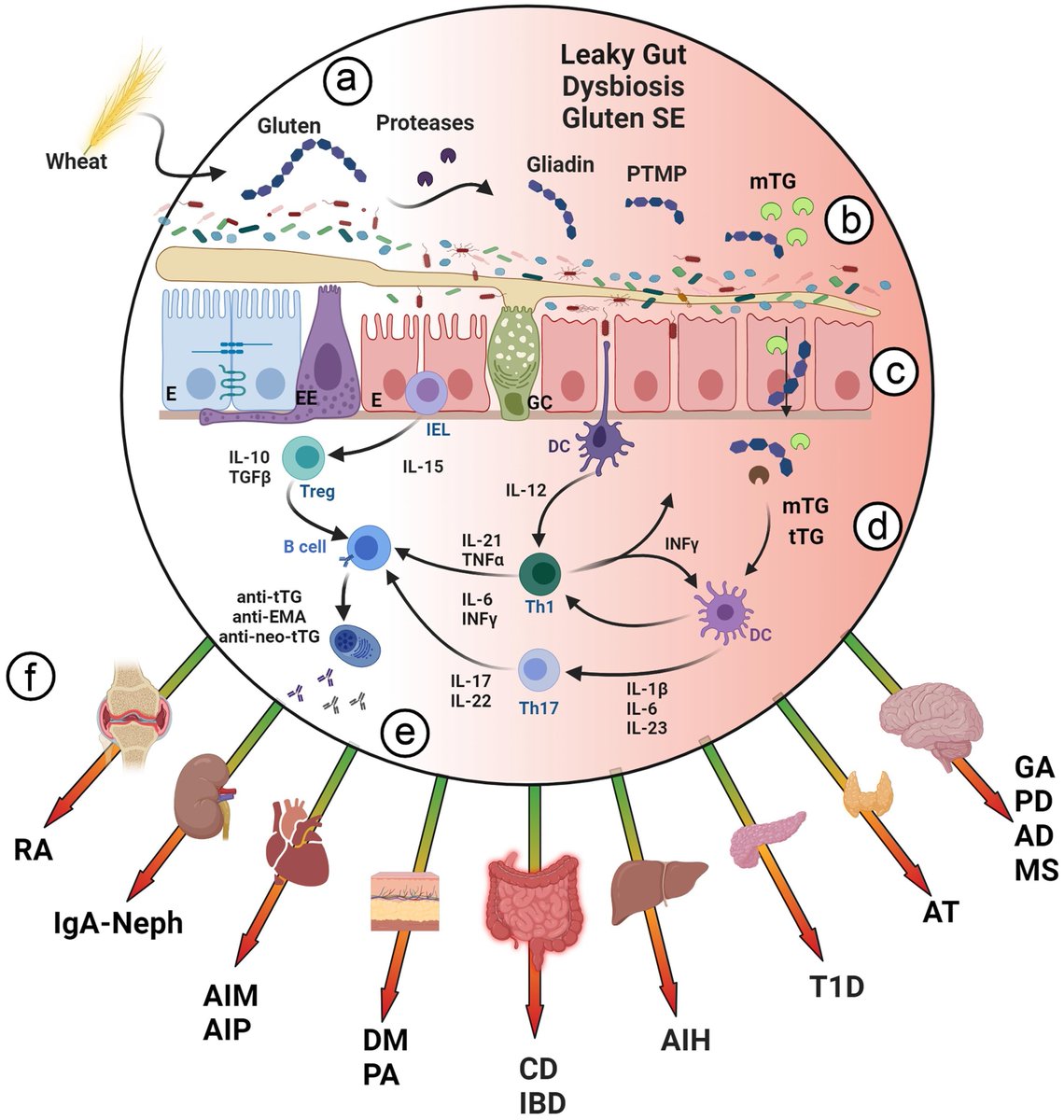
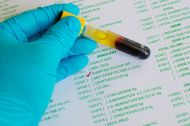
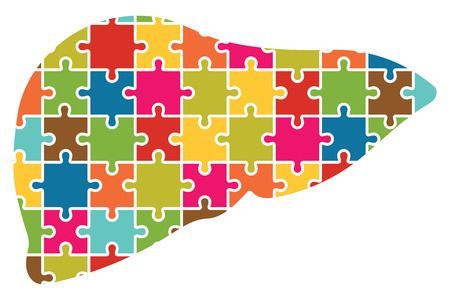
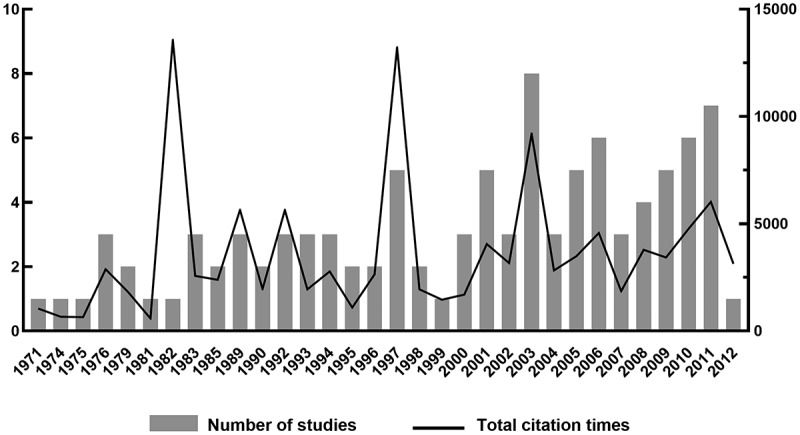
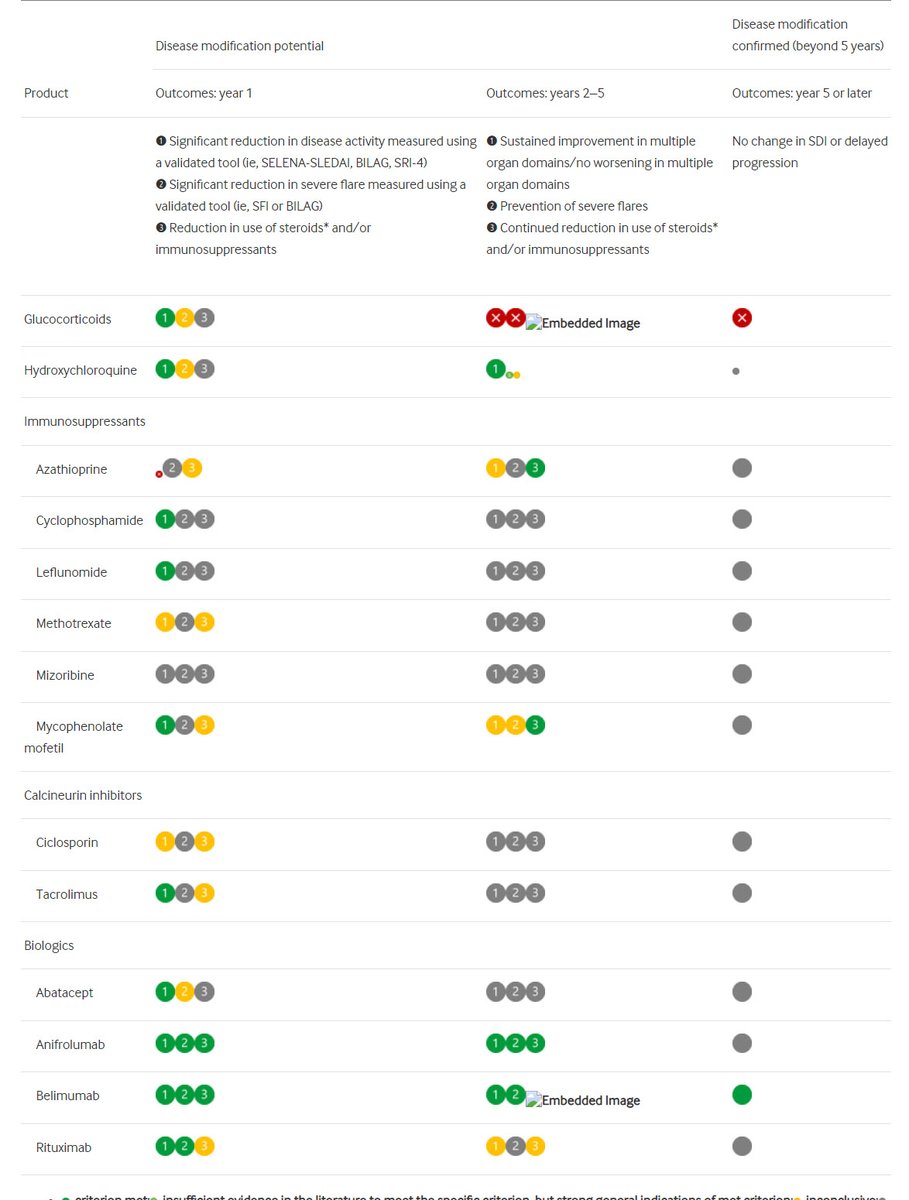
Links:
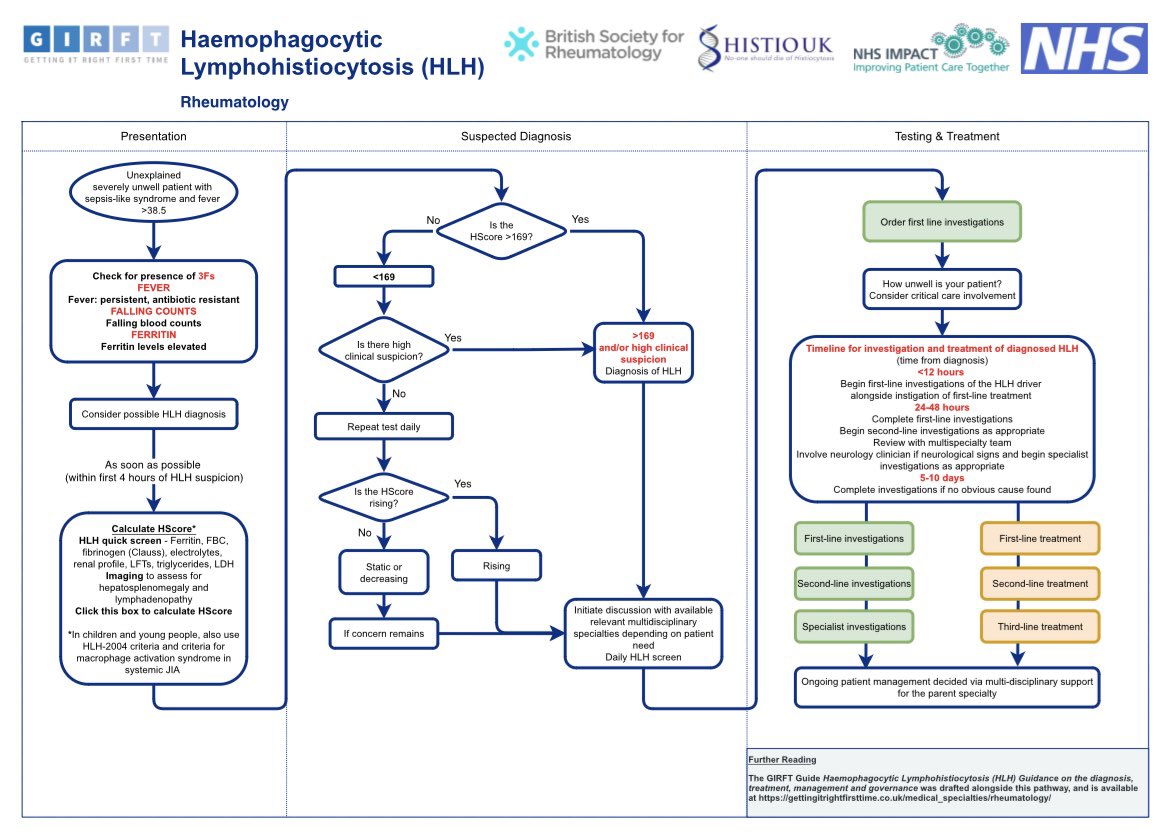
Links:

